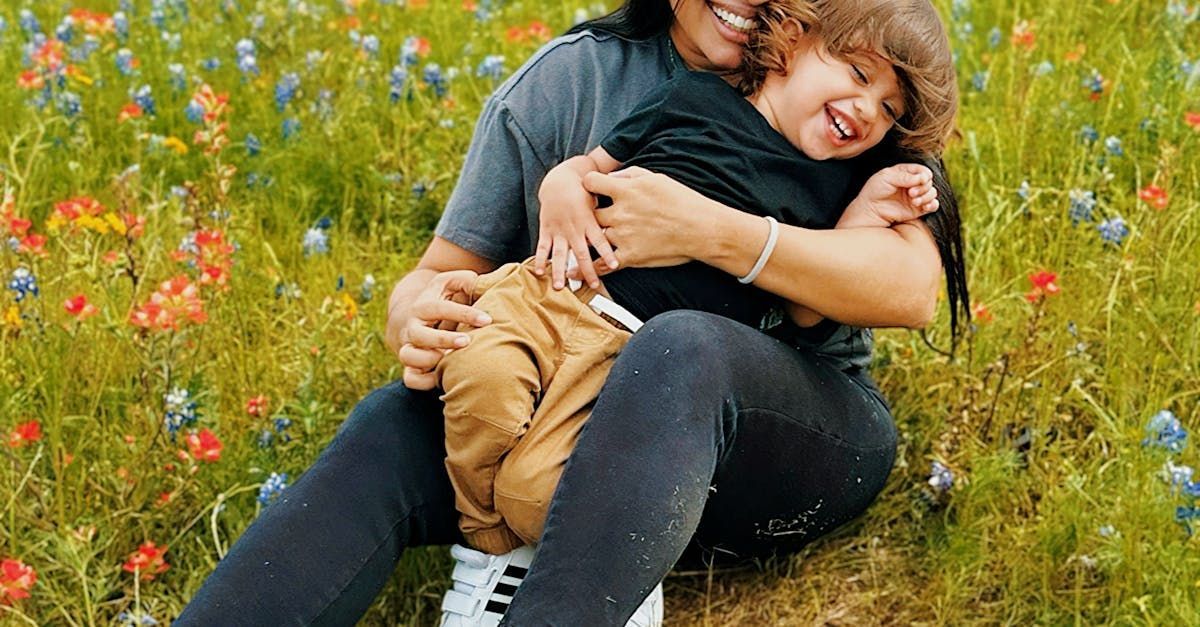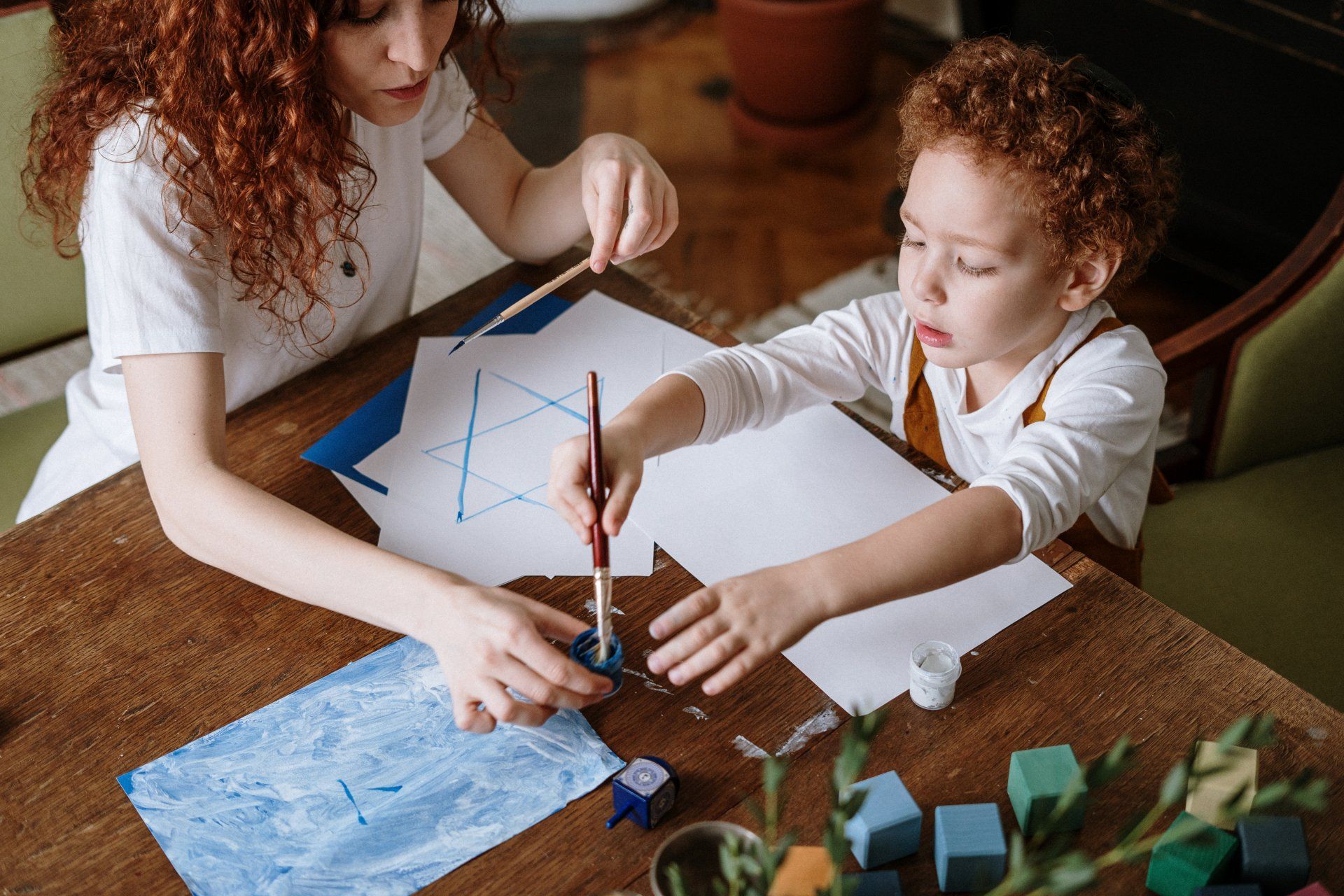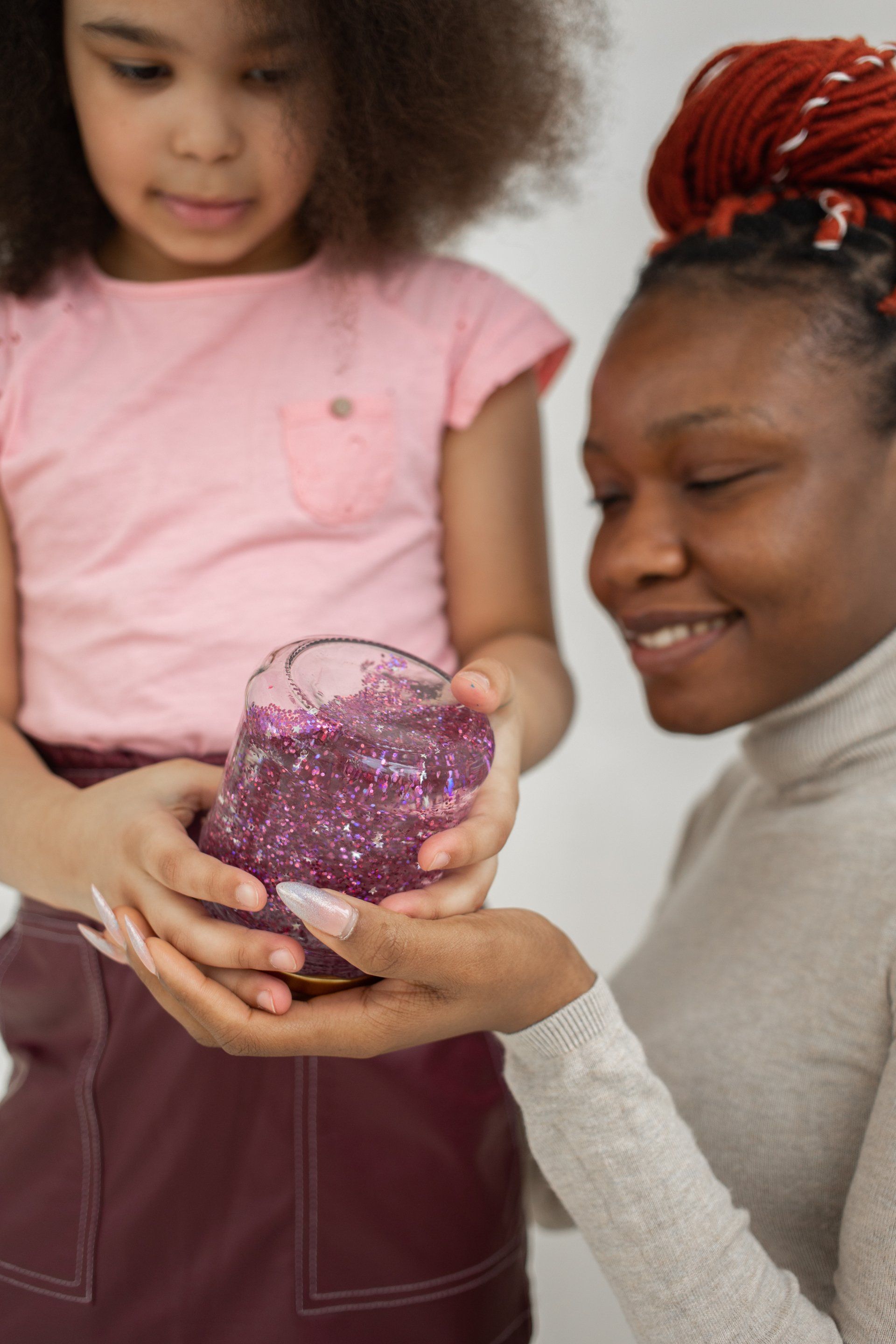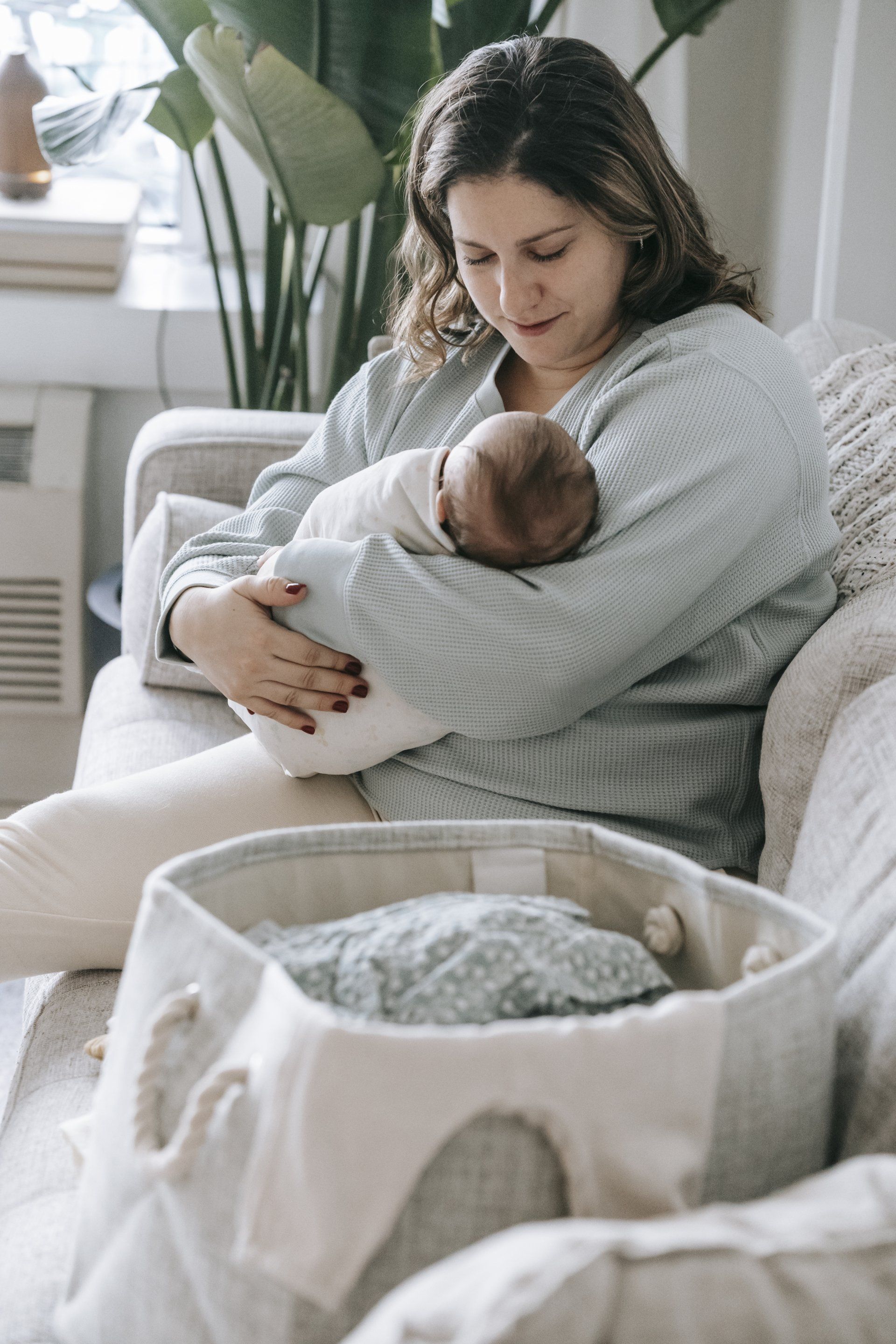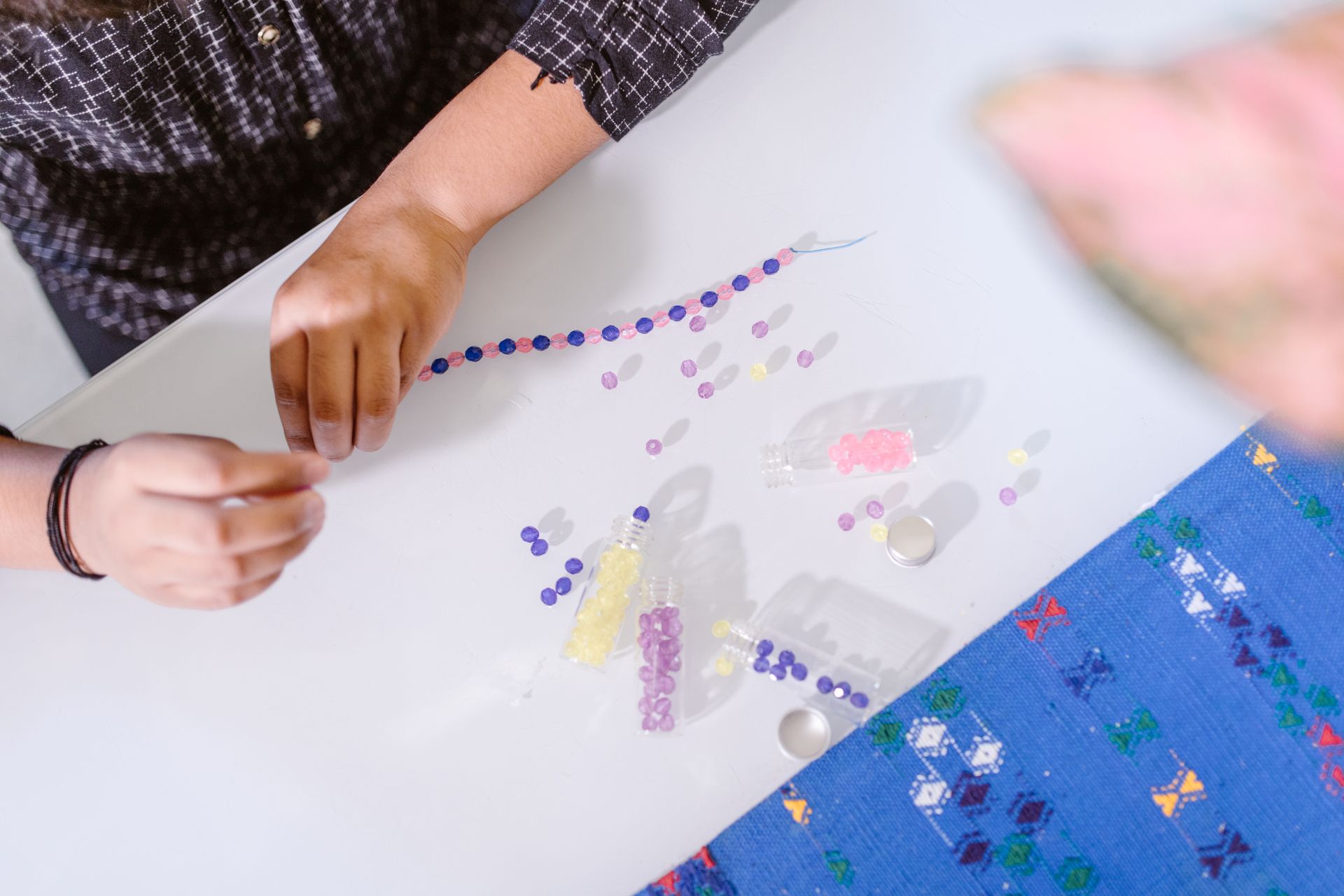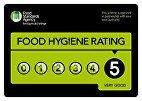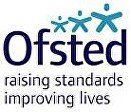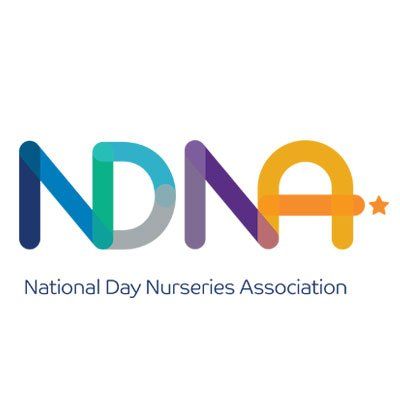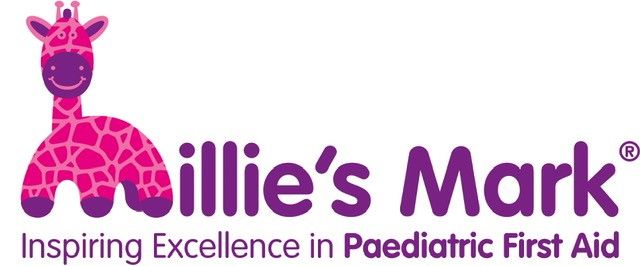Fun Ways to Teach Responsibility to Kids
Fun Ways to Teach Responsibility to Kids

Teaching responsibility to children from a young age is crucial for their development. Responsibility helps children understand the importance of accountability, fosters independence, and builds self-esteem. As parents and early years educators, incorporating fun and engaging methods to instil responsibility in children aged 0-5 can set a strong foundation for their future. This article explores various strategies to make learning responsibility an enjoyable and effective experience for young children.
Understanding Responsibility in Early Childhood
Responsibility for young children means taking on simple tasks that they can manage with guidance. It is about understanding that their actions have consequences and learning to take ownership of their tasks. Here are some key points to consider:
1. Definition of Responsibility: For young children, responsibility can be defined as completing simple tasks and understanding their role in the family or classroom environment. It includes actions like tidying up toys, helping with meals, and taking care of personal belongings.
2. Developmental Stages: Children at different developmental stages can handle varying levels of responsibility. For instance:
- Infants (0-1 year): Begin with recognising faces and responding to their names.
- Toddlers (1-3 years): Can start helping with small tasks like putting toys away or fetching a diaper.
- Preschoolers (3-5 years): Can take on more complex tasks such as setting the table, dressing themselves, and assisting with simple household chores.
3. Role of Parents and Educators: Adults play a crucial role in modelling and nurturing responsibility. By demonstrating responsible behaviour and providing age-appropriate tasks, parents and educators can guide children in learning these essential skills.
Interactive Activities for Young Children
Engaging children in interactive activities is an excellent way to teach responsibility. Here are some fun examples tailored for children aged 0-5:
1. Tidying Up Toys: Turn cleaning up into a game by setting a timer and encouraging children to put away as many toys as possible before the timer goes off. Use a fun song to make the activity more enjoyable.
2. Helping with Simple Tasks: Involve children in tasks like sorting laundry by colour or handing you utensils while cooking. For instance, ask your toddler to help you by putting all the red socks together or passing you a spoon.
3. Pretend Play: Use role-playing scenarios where children take on responsibilities, such as being a shopkeeper, a chef, or a caregiver for a doll or stuffed animal. This helps them understand different roles and responsibilities in a fun and imaginative way.
Incorporating Responsibility into Daily Routines
Establishing consistent routines helps children understand what is expected of them. Here’s how you can incorporate responsibility into daily routines:
1. Morning and Bedtime Routines: Encourage children to brush their teeth, wash their hands, and pick out their clothes with your guidance. For example, create a visual checklist for morning and bedtime routines that they can follow.
2. Household Chores: Assign simple chores like putting dirty clothes in the laundry basket, helping set the table, or watering plants. These tasks teach children about contributing to the household and taking care of their environment.
3. Pet and Plant Care: Involve children in feeding pets or watering plants, teaching them the importance of taking care of living things. Explain to them that pets and plants depend on us for their well-being, and caring for them is a responsible task.
Responsibility Through Play and Group Activities
Play-based learning is highly effective for young children. Here are some examples of how responsibility can be taught through play and group activities:
1. Collaborative Play: Activities like building a block tower together or playing a group game help children learn about teamwork and shared responsibilities. For instance, during block play, assign roles such as builder, sorter, and cleaner to promote cooperative play.
2. Group Storytelling: Take turns adding to a story, teaching children to listen and contribute responsibly. Start a story and encourage each child to add a sentence or two, fostering creativity and participation.
3. Cleanup Games: Turn cleanup time into a fun race or challenge, encouraging children to take part in maintaining their play area. For example, create a “cleanup treasure hunt” where children find and put away items in exchange for small rewards.
Using Educational Tools and Resources
There are numerous tools and resources available to support the teaching of responsibility:
1. **Books**: Choose storybooks that highlight characters taking responsibility. Books like "The Berenstain Bears and the Trouble with Chores" or "Llama Llama Time to Share" are excellent choices for teaching responsibility through storytelling.
2. **Toys**: Select toys that encourage role-playing and responsibility, such as play kitchens, cleaning sets, or doctor kits. These toys allow children to imitate real-life scenarios and practice responsible behaviour.
3. **Educational Apps**: Use apps designed for young children that promote responsibility through interactive games. Apps like "ChoreMonster" and "Toca Life: Town" can be fun tools to teach children about completing tasks and earning rewards.
Balancing digital tools with real-life activities ensures a well-rounded approach to learning.
Positive Reinforcement and Encouragement
Positive reinforcement is essential in teaching responsibility. Here are some strategies to encourage and reward responsible behaviour:
1. Praise and Rewards: Offer praise for completed tasks and use reward systems like stickers or small treats. For instance, create a sticker chart where children earn stickers for completing tasks, which they can exchange for a reward.
2. Age-Appropriate Rewards: Ensure rewards are suitable for the child’s age and interests. For younger children, rewards could be extra playtime, a favourite snack, or a special outing.
3. Intrinsic Motivation: Encourage children to take pride in their accomplishments, fostering intrinsic motivation over time. Explain the value of responsibility and how it helps everyone in the family or classroom, promoting a sense of self-worth and contribution.
Real-life Examples and Success Stories
Hearing success stories can be inspiring for both parents and educators. Here are a few examples:
1. Story from a Parent: A parent shares how their toddler learned to tidy up toys by turning it into a fun game. They used a colourful chart and a timer to make cleaning up a daily challenge that their child looked forward to.
2. Educator’s Experience: An early years educator describes using a chore chart to teach preschoolers about daily responsibilities. The chart included pictures and stickers, making it visually appealing and easy for children to understand their tasks.
3. Case Studies: Real-life case studies demonstrate various successful methods for teaching responsibility to children aged 0-5. One case study showed how a preschool used a "responsibility buddy" system, pairing older children with younger ones to help with tasks, fostering a sense of mentorship and cooperation.
These stories provide practical insights and tips for teaching responsibility.
Conclusion
In conclusion, teaching responsibility to young children is a rewarding endeavour that benefits their development. By incorporating fun and engaging methods, parents and early years educators can help children aged 0-5 learn the importance of responsibility. Start implementing these strategies today and watch your child grow into a responsible and independent individual.
FAQ
1. At what age should I start teaching my child responsibility?
- You can start teaching responsibility as early as age 2 by involving them in simple tasks.
2. What are some simple chores suitable for toddlers?
- Toddlers can help with tasks like putting away toys, sorting laundry, and setting the table.
3. How can I make responsibility fun for my young child?
- Turn tasks into games, use role-playing, and incorporate positive reinforcement to make learning fun.
4. What if my child resists taking on responsibilities?
- Be patient, offer encouragement, and make the tasks more engaging. Consistency is key.
5. Are there any recommended apps for teaching responsibility to preschoolers?
- Yes, apps like “ChoreMonster” and “Toca Life” are great for teaching responsibility in a fun way.
GLOBAL KIDS DAY CARE LIMEHOUSE
Lascar Wharf Community Centre, Limehouse, London, E14 7FN. | Tel: 0207 001 1210 Email: limehouse@globalkidsdaycare.co.uk
GLOBAL KIDS DAY CARE MILE END
21 Burdett Road, Mile End, London, E3 4TU. | Tel: 0208 980 1706 Email: mile-end@globalkidsdaycare.co.uk
GLOBAL KIDS DAY CARE ALDGATE EAST
52 Old Castle Street, Aldgate East, London E1 7AJ. | Tel: 0203 302 7800 / Mobile: 07823 770035 | Email: aldgateeast@globalkidsdaycare.co.uk
Opening Times: 8am - 6pm

